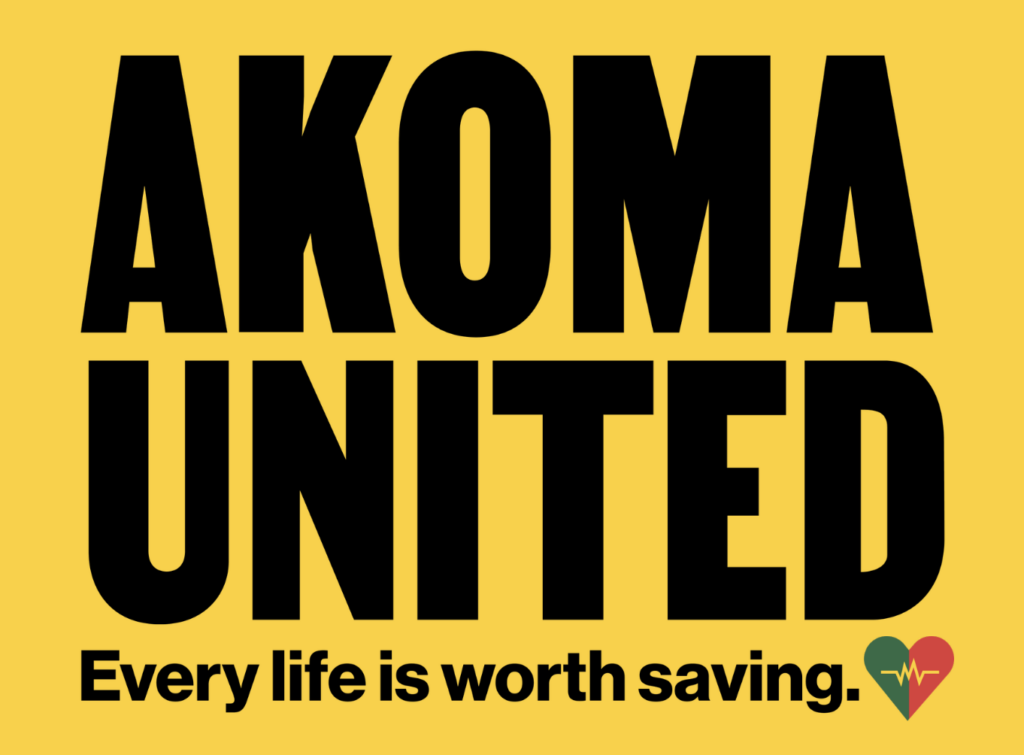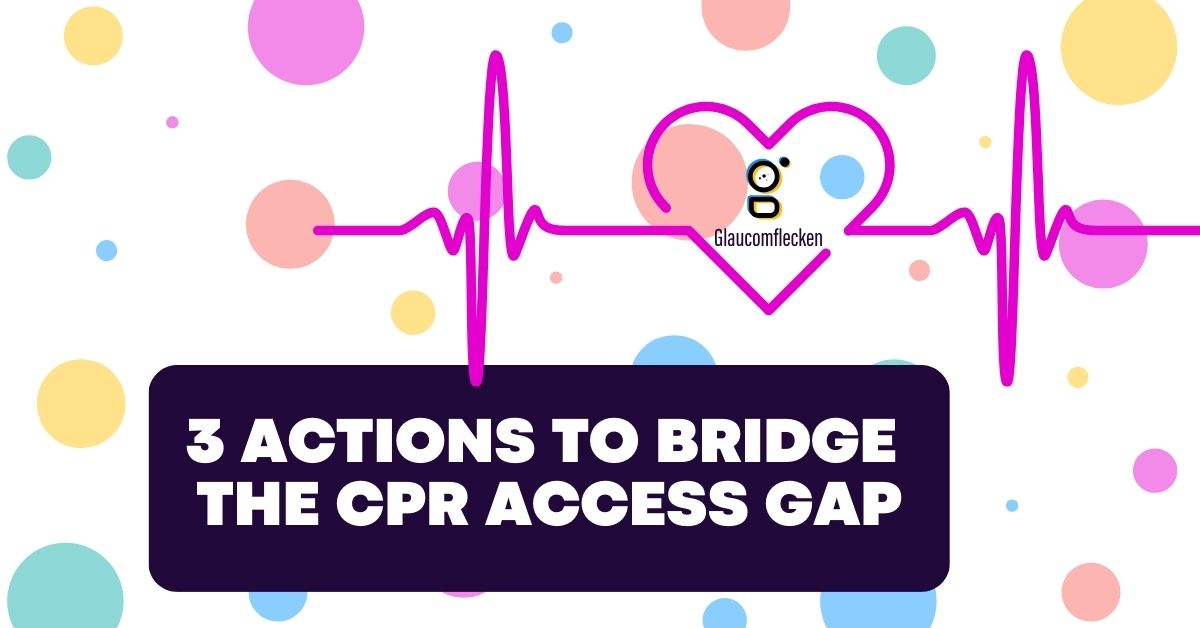The disparities when it comes to who receives bystander CPR and survives cardiac arrest are alarming. But the good news is that there are actions we can take to make a real difference.
The Disparities
Studies show that African American and Hispanic individuals are significantly less likely than white individuals to receive CPR from a bystander. This raises the question, why? Well, in communities of color, there is a lack of access to CPR education and fewer AEDs (automated external defibrillators) around.
The Impact of Lack of Access
This lack of access drastically reduces the chances of surviving a cardiac arrest outside of a hospital. And that’s why grassroots community CPR education is so vital – because it can bridge this survival gap. ❤️
Taking Action
So, what can we do to make a difference? Here are some actionable steps:
1️⃣ Meeting people where they are: It’s crucial to provide CPR instruction that is culturally competent, tailored to, and located in the communities we aim to serve. This helps ensure that the training is accessible and relatable.
2️⃣ Placing AEDs in communities of color: By strategically having more AEDs in these communities, we can increase the chances of immediate life-saving intervention when a cardiac arrest occurs.
3️⃣ The Power of Community-Based Approach: The organization called Akoma United, founded by Dr. Sylvia Owusu-Ansah and Dr. Rickquel Tripp, is making a difference in Pennsylvania. They witnessed a cardiac emergency involving a local football player and saw an opportunity to save lives. Now, they work to improve access to CPR education and training in their local communities, building trust and boosting bystander intervention.
Akoma United’s Mission
The mission of Akoma United is clear – to save ALL lives, especially those in communities of color. The name “Akoma” means “heart, goodwill, endurance” and has deep roots in Dr. Owusu-Ansah’s parents’ homeland, Ghana. 💚❤️

The Ripple Effect of Grassroots CPR Education
By focusing on reaching youth and communities of color with tailored programs, Akoma United empowers groups historically deprived of access to medical resources. In just the past year, they have trained over 600 people in lifesaving CPR skills. And the best part? They’re making CPR training fun, accessible, and potentially life-changing for everyone involved.
Resources
❤️ If a cardiac arrest has impacted you as a survivor, co-survivor, witness, or bereaved, Heartsight has resources to help you understand your experiences.
❤️ The Cardiac Arrest Survivors Alliance fosters an online community for patients, families, friends, caregivers, rescuers, and advocates.
❤️ I wrote more about the impacts of performing CPR and being a co-survivor of sudden cardiac arrest in The Quiet Place.
❤️ PulsePoint has two apps to help during a sudden cardiac arrest. PulsePoint Respond can request your help when CPR is needed nearby. PulsePoint AED shows the location of AEDs near you.
❤️ Learn more about CPR at the American Heart Association and the Red Cross.

